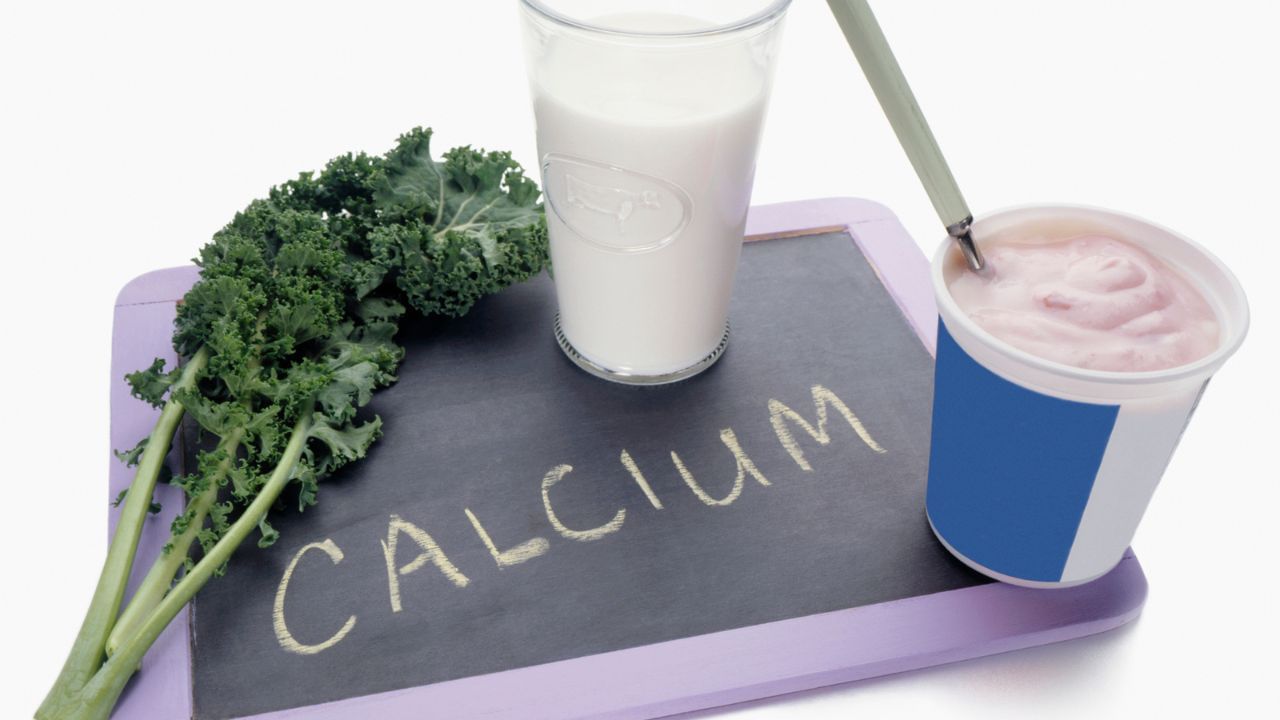Benefits of calcium, iron and vitamin DImage Credit Source: Getty Images
Nutrients for body: Whether our age is 20 or 60, the body always needs nutrition. Often people think that nutrients are needed only to children or elderly, but the truth is that there are some special nutrients that are necessary for the smooth operation of the body, immunity and energy at all ages. If these are not taken regularly, then the risk of fatigue, weakness, bone pain and diseases increases.
With increasing age, both our physical and mental health changes. In such a situation, the need for nutrition also changes. After the age of thirty, different parts of the body need more nutrition for all functions. In such a situation, some nutrients are necessary to include in the diet. But do you know which nutrients are these?
So let’s know about the three important nutrients that every person should include in his diet daily, no matter what he is.
1) Calcium
Unit Head Dr. Akhilesh Yadav in Max Hospital Authentic Department It is said that kicalsium is not necessary only for the development of children or the bones of the elderly, but it is necessary for the strengthening of bones, teeth and muscles at all ages. It helps in muscle tightness, nerves without obstruction and maintain heartbeat.
Symptoms of deficiency: frequent bone pain, muscle cramps, weakening of teeth, and development in children
Calcium sources: milk, yogurt, cheese, green leafy vegetables, almonds, sesame, and fortified grains.
2) Vitamin D calcium partner and immunity protector
If there is no deficiency of calcium in your body, but still there is pain or weakness in bones, then it may be due to vitamin D deficiency. This vitamin helps calcium to keep its work properly and is also necessary to keep the immune system strong. In today’s time, it has become common in the people living inside the house.
Symptoms of deficiency: fatigue, bone pain, frequent sickness, hair loss
Vitamin-D Sources: incense, egg yolk, fish, mushrooms, and fortified milk
3) Iron (Iron) source of blood and energy
Iron helps in making hemoglobin in the body and the job of hemoglobin is to deliver oxygen throughout the body. Therefore, iron is very important for blood. Lack of iron causes tiredness, dizziness, and yellowing of the face in the body. Especially iron deficiency is common in women and children.
Symptoms of deficiency: anemia, breathlessness, not focusing, headache
Iron Sources: Green leafy vegetables, beetroot, pomegranate, jaggery, peanuts, pulses and red meats (if you eat non -veg)
If you are struggling with the complaint of fatigue, bone pain or frequent illness, then get the level of these nutrients checked and improve your diet.
